The Spectator brings you the latest insight, news and research from the front line. Sign up here to receive this briefing daily by email, and stay abreast of developments both at home and abroad:
News and analysis
- There is no guarantee that hospitals will not run out of personal protective equipment (PPE) this weekend, Health Secretary Matt Hancock said.
- The UK has extended the lockdown for another three weeks, citing advice from scientists. Robert Peston asks if scientists are running the country.
- London Mayor Sadiq Khan has broken with official government guidance and urged Londoners to wear face masks while travelling on public transport.
- London hospitals succeeded in doubling the number of intensive care units, leaving the NHS Nightingale field hospital almost empty.
- The SNP has said that Scotland could deviate from the rest of the UK when it comes to a lockdown exit strategy.
- Driving to the countryside to take exercise is lawful, according to new guidance issued to the police. Meanwhile the number of cars on the road is now as low as it was in 1955.
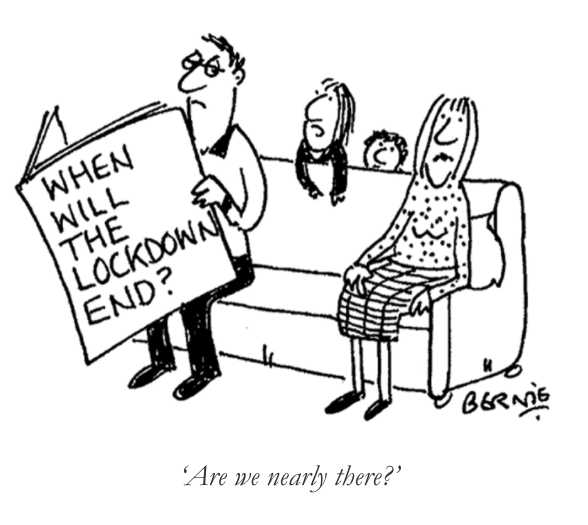
Cabinet frustration at lack of lockdown debate
There’s growing frustration inside the cabinet that a proper discussion about lockdown (and its side effects) is not taking place and that too much is being left to government advisers with patchy track records. Robert Peston asks if scientists are running the country. As Dr John Lee writes, when experts disagree ministers ought to debate – and decide. Every day, data emerges to make ministers wonder if the lockdown is costing more lives than it’s saving. The number of patients presenting for both emergency treatment and heart conditions has fallen to half the normal rates in recent weeks. Charities say cancer referrals are down 70 per cent, leading some oncologists to predict that extra cancer deaths will outnumber Covid-19 deaths (quote below). In his Daily Telegraph column today, Fraser Nelson asks if a non-Covid-19 public health crisis is now building up. For example: there were 6,083 ‘excess’ deaths in the week to 3 April, but an analysis from Edge Health shows just two-thirds of them are accounted for by Covid-19. It asks if other factors are at play, and if lockdown is building up a surge in unmet non-Covid-19 NHS demand.
To prepare for the predicted surge in Covid-19 cases, NHS hospitals discharged patients en masse and emptied beds. But the Covid-19 models were wrong: the ICU surge never happened in the way that was predicted. Not only is the NHS not overwhelmed, it now has some 37,500 empty beds, an astonishing figure: four times more than is normal for this time of year, according to figures obtained by the Health Service Journal. Which raises a question asked by Dr Qanta Ahmed, a New York ICU doctor, in her recent Spectator notebook: what has happened to the patients who used to fill these now-empty beds?
We know where the knee and hip operation patients are: on a waiting list that hit a record 4.4 million before the crisis. Then comes the longer-term rise in deaths from undiagnosed or under-treated diseases like cancer and patients hurriedly discharged from well-resourced hospitals in the Covid-19 preparations and sent to care homes. This could be the next scandal. The risk is that by the time Ministers get round to properly debating this, much of the damage will have been done.
In words
The number of deaths due to the disruption of cancer services is likely to outweigh the number of deaths from the coronavirus itself over the next five years.
– Richard Sullivan, professor of cancer and global health at King’s College London (The Times)
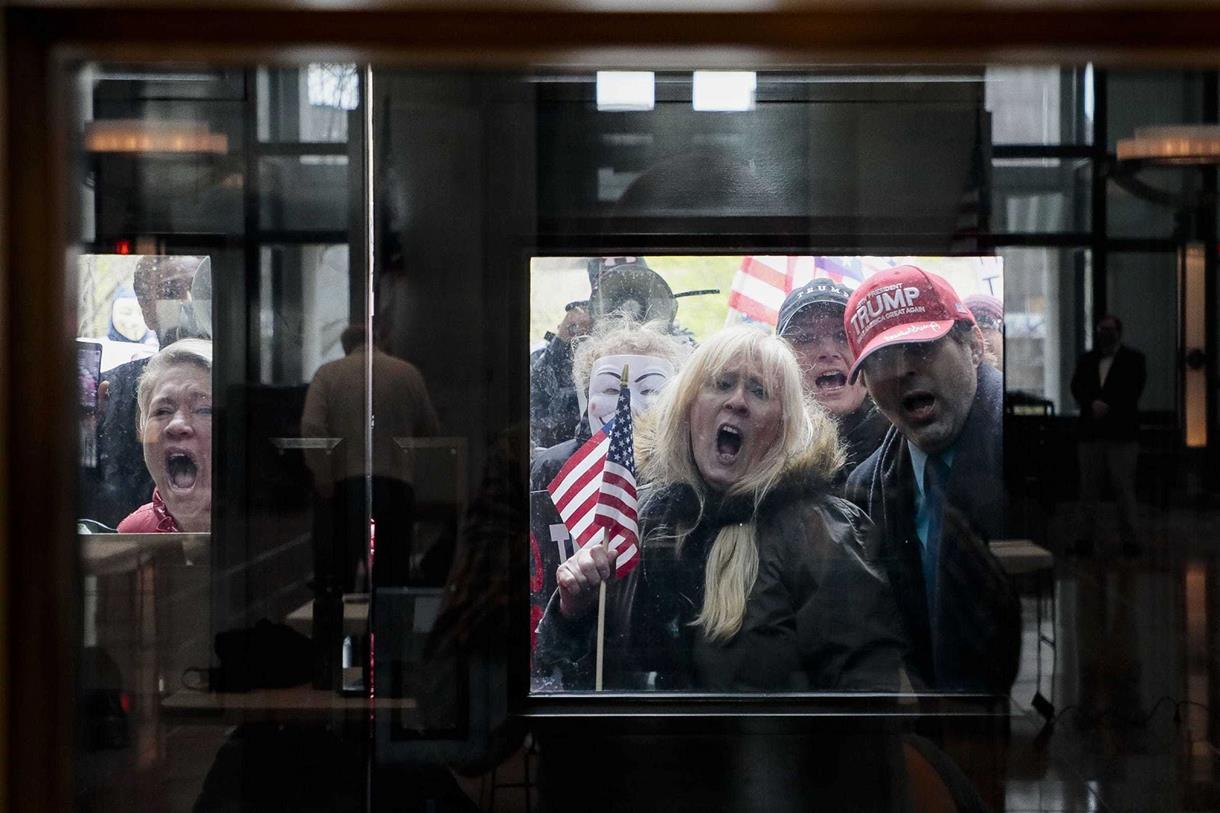
The lockdown and devolution
While Whitehall and the regions have been united in their efforts to tackle Covid-19, are signs pointing towards rifts? Last night London’s Mayor Sadiq Khan broke ranks with the government’s chief scientists and medics by calling for masks to be obligatory when riding on public transport. Meanwhile, the SNP’s top man in Westminster, Ian Blackford indicated that Scotland could deviate from the UK-wide lockdown measures – if it were in Scots’ interests to do so. While lots of political mudslinging has been put on hold for the time being, we may be reaching a breaking point in which political leaders and MPs can’t keep their Covid-19 opinions under wraps for much longer. No doubt the introduction of a ‘virtual parliament’, in which MPs will be able to question ministers over Zoom, will bring some personalities – and their opinions – to a head.
Global news
- Wuhan officials have revised the coronavirus death toll up by 50 per cent.
- Austria’s Health Minister has described the Covid-19 infection rate in the UK as ‘frightening’.
- Emmanuel Macron has told the FT that the EU will collapse as a ‘political project’ unless it helps France and Italy.
- The housing market in Sweden, which is avoiding lockdown, has been barely affected by the virus, down 1 per cent in early April and 0.1 per cent for villas. In China property transactions were at or around zero for the three weeks following lockdown but the market had recovered two months later, according to analysis by Savills.
- Germany’s Health Minister has said his country’s coronavirus outbreak ‘has become controllable’ after more people recovered from the virus than were infected.
- Spain is establishing a monthly basic income for a million people from the county’s poorest households.
Research
Should we wear masks after lockdown? The United States, which has never had a culture of wearing face masks, now has them officially recommended for leaving the house. The Mayor of London thinks public transport users should follow suit. But do masks work? Modelling by researchers in Beijing and Jerusalem suggests they do. If half of the population uses masks after lockdown measures are eased, ‘mask-wearing may be at least as effective as home confinement at reducing deaths’. Unlike Sars, in which most ‘viral shedding’ occurs from those about to be sick, between 40 per cent and 80 per cent of Covid-19 transmissions come from pre- and asymptomatic carriers who may be unaware that they have the virus. The researchers claim that the widespread adoption of masks has the potential to avert substantial mortality at a time where, after lockdown, ‘the infection trajectory is expected to revert to exponential growth’.
In data: Weekly observed (black line) and expected (blue line) number of deaths in England, from October 2015 to week ending 10 April 2020, from Public Health England.
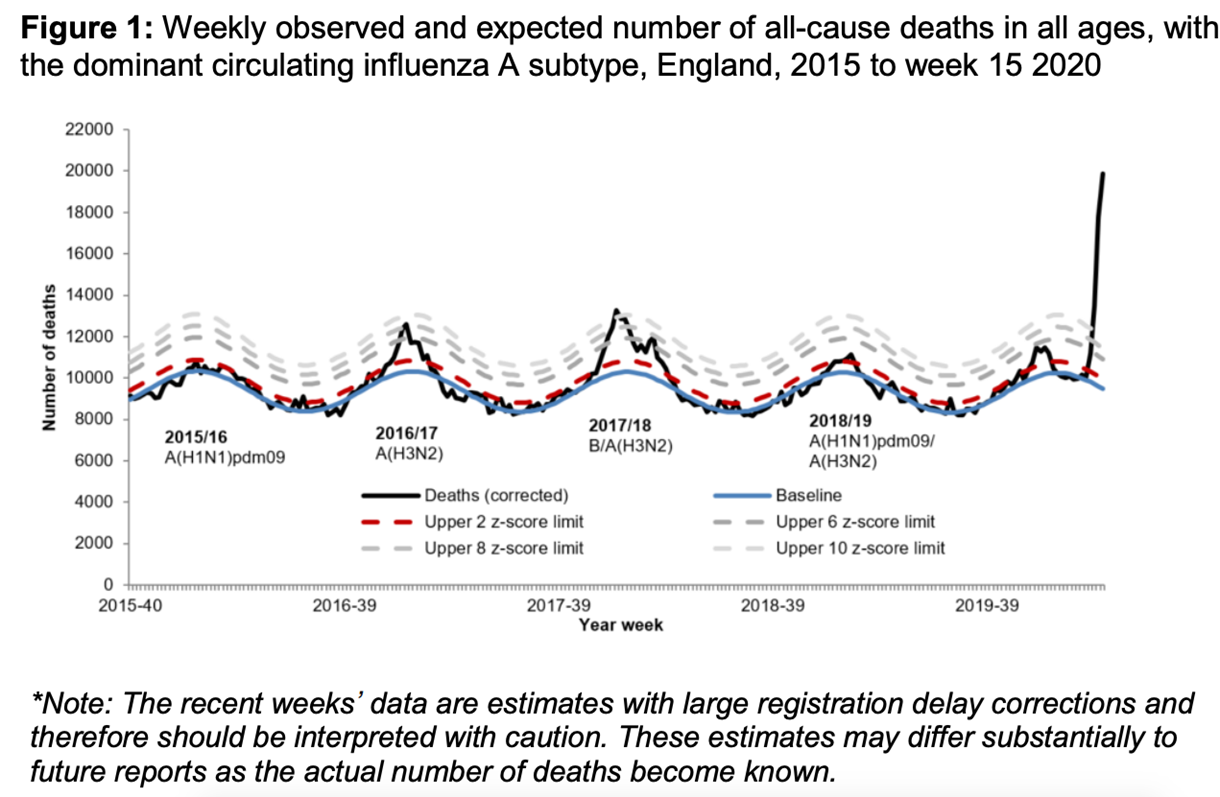
In focus: Assessing the true cost of school closures
Norway has become the first country to publish a holistic assessment of the cost of closing primary schools during lockdown. A report by its statistics agency argues that iPads are no substitute for teachers and that, even in the current crash, there are jobs that mothers cannot take (especially working from home) if their children are not at school. This has a knock-on effect on the mother’s later earnings potential. Sixth-formers and undergraduates can learn reasonably well in isolation, but studies suggest younger pupils never fully make up lost ground. The educational handicap risks stymying their life chances, narrowing college options and permanently diminishing future earning potential. It adds up to 77 billion kroner (£5.9 billion) if schools remain closed for the rest of the academic year. The original study is here (pdf) and our rough translation is here (pdf).
Coronomics
- China’s economy has shrunk for the first time in four decades.
- A quarter of UK businesses have shut because of the lockdown, according to the ONS.
- European car sales dropped by 55 per cent last month. Automotive manufacturing accounts for 8.5 per cent of EU employment and makes up around 7 per cent of the bloc’s GDP figures.
- 5.2 million more Americans have filed for unemployment, taking jobless claims to more than 20 million since the lockdown began.
- One in five UK renters expects to lose their job in the next three months, with the CEBR saying that the private rented sector could be the ‘catalyst’ for an impending property crash.
- Three quarters of new build constructions sites are currently on hold.
Our latest podcast
More from The Spectator
Merkel faces some tough decisions as Germany eases its lockdown – Constantin Eckner
It’s no surprise Brits are denouncing each other for breaching lockdown rules – Gavin Mortimer
The joy of hearing my father’s voice again – Merlin Hanbury-Tenison
I have herd immunity – Lionel Shriver
Six questions that Neil Ferguson should be asked – Steerpike

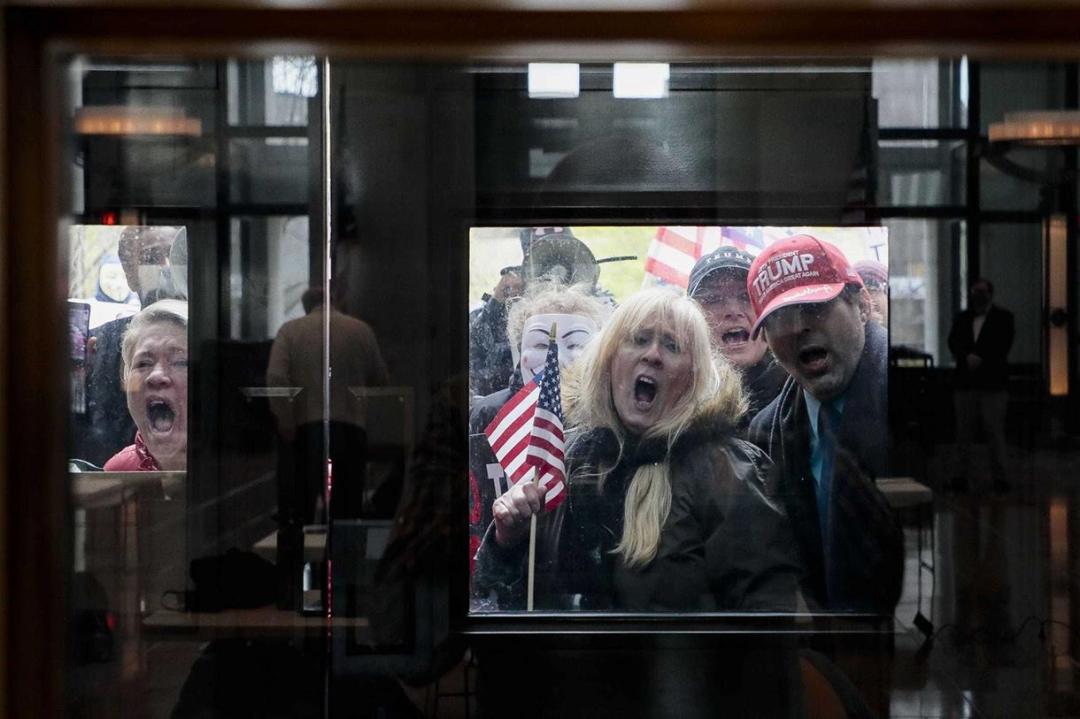
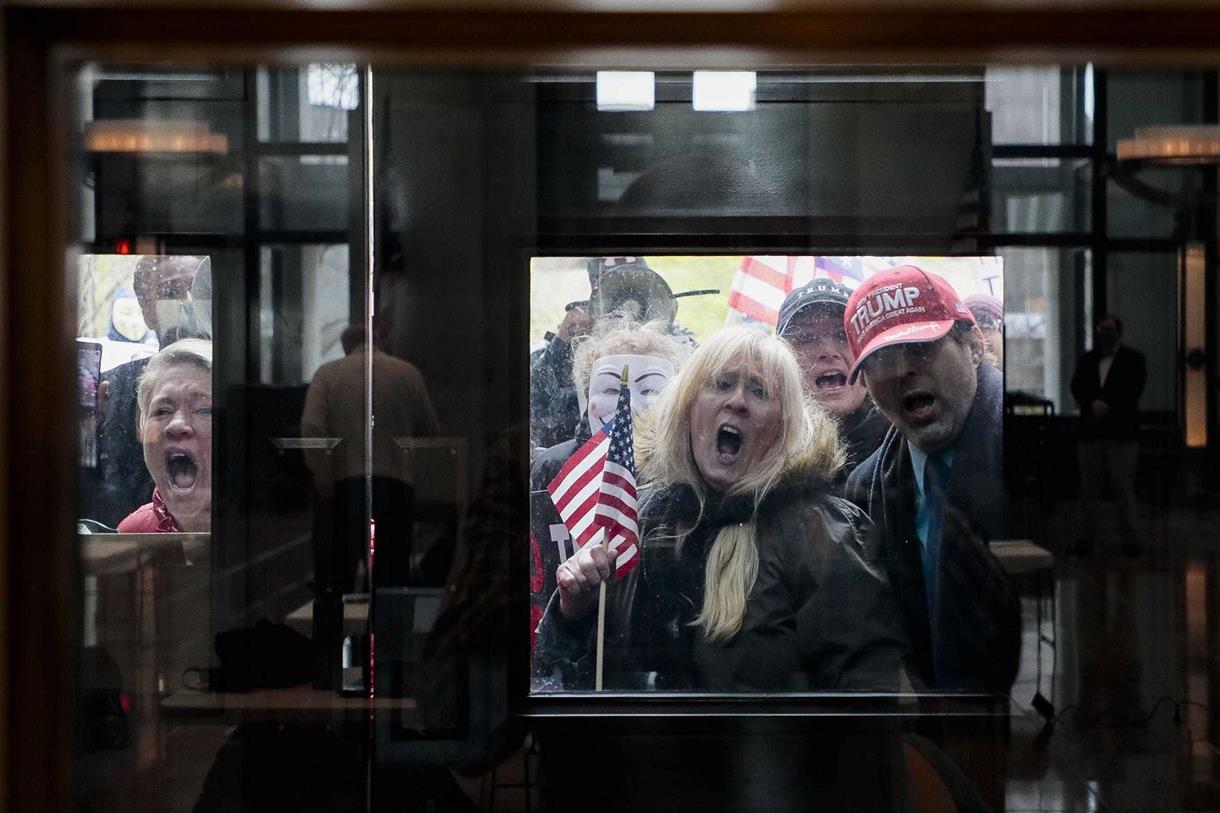




Comments